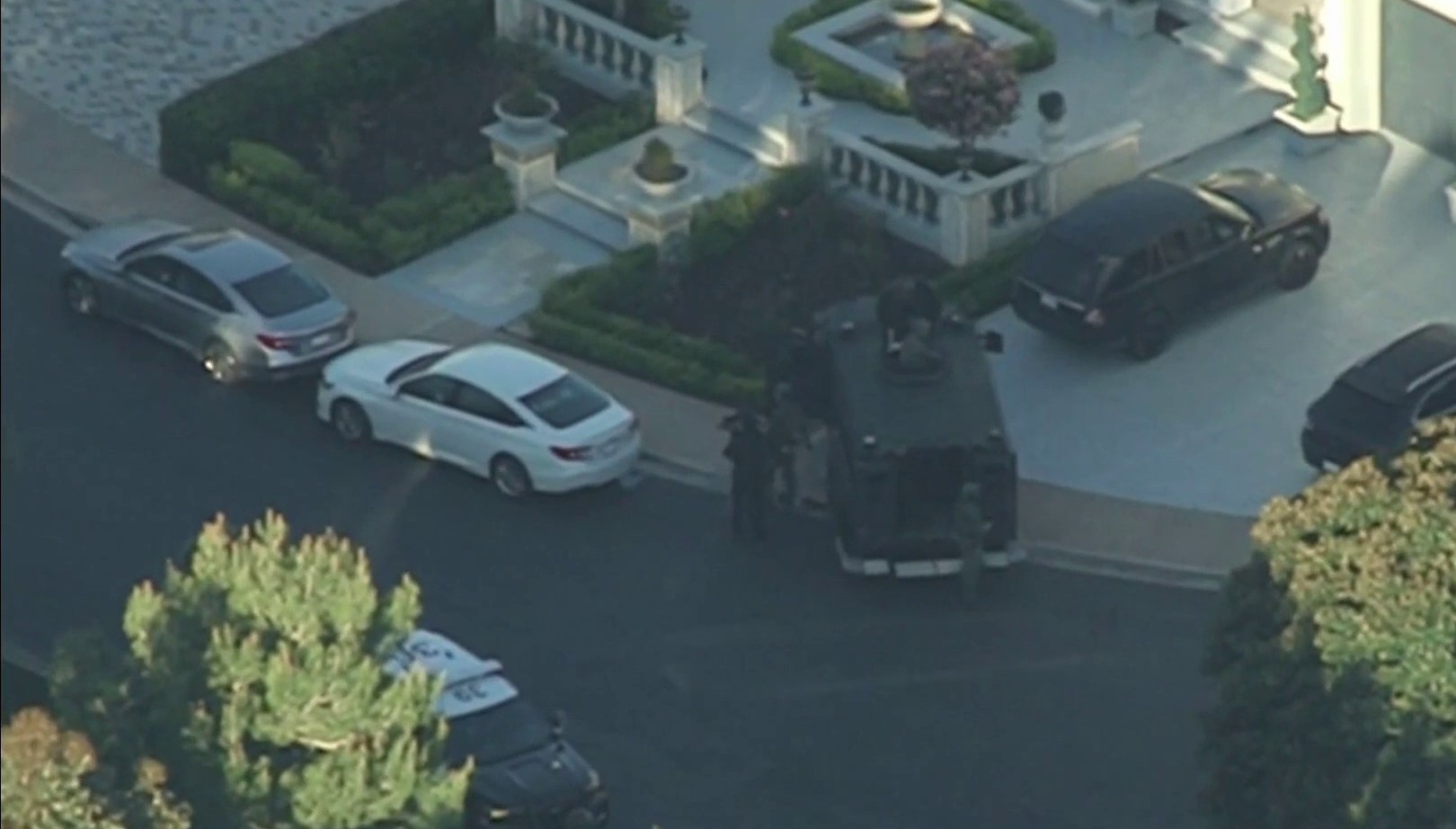Forty-nine witnesses over 22 days of testimony--now the opposing lawyers in the trial of Michael Jackson's personal doctor get the chance to connect the dots and tell jurors the significance of what they saw and heard.
It's no surprise that the prosecution and defense of Conrad Murray, MD will be presenting very different scenarios for Jackson's death, and different styles as well.
Special Section: The Conrad Murray Trial
Lead prosecutor David Walgren is noted for his elaborate use of audio visuals.
"I expect a light and sound show from the prosecution," said Steve Levine, an attorney who has been following the trial as an analyst for NBCLA.
Walgren will re-tell the now well-known account of Dr. Murray treating Jackson's insomnia in his home with the surgical sedative propofol, along with other sedatives. The prosecution contends that on June 25, 2009, Murray left Jackson unattended on a propofol IV drip, and while Murray was out of the room, Jackson went into arrest from which he was not revived.
During trial, the defense presented an alternative scenario rejecting the drip and contending that out of Murray's view, Jackson woke up, and in desperation to sleep, gave himself the dose that proved fatal.
"The defense is going to stick to the script," said Steve Levine. At the same time, he and other analysts note the very real possibility that even if jurors conclude Jackson did give himself the fatal dose, Murray could still be convicted.
That could occur because of the nature of the involuntary manslaughter charge. If jurors find that Murray was grossly negligent in his care of Jackson, and that this was, if not the direct cause, a "significant factor" in Jackson'sdeath.
Local
Get Los Angeles's latest local news on crime, entertainment, weather, schools, COVID, cost of living and more. Here's your go-to source for today's LA news.
There was much back and forth as the opposing attorneys went over the language of the instructions Judge Pastor will read the jurors after final arguments. At the prosecution's urging, and over defense opposition, jurors will be told Murray is still criminally liable if Murray "should have foreseen the possibility of harm that could result from his act."
What this means is that in his closing argument Thursday, lead prosecutor David Walgren will present jurors two alternatives, two paths to conviction.
Walgren will tell jurors the evidence shows the fatal dose did come from Murray, not Jackson. Walgren will recount the highlights of the five days of testimony by the prosecution's expert anesthesiologist, Steven Shafer, MD, who set up an IV demonstration right in the courtroom.
Walgren will note that Shafer created a computer program to predict how different doses produce different levels of propofol in the blood over time. And he will remind jurors that Shafer did additional research to refute the defense theory that Jackson self-ingested.
The prosecution will attack the credibility of the defense's expert, by reminding jurors that Paul White, MD, wrote last March of the possibility that Jackson died of swallowing propofol, a theory the defense abandoned before trial. But Walgren still brought it up on examination to discredit White.
Walgren will also deal with White's attempt to refute Shafer's continuous IV drip conclusion. White said research shows the amount of propofol found in Jackson's urine was not consistent with a drip. During theprosecution's rebuttal, Shafer returned to testify that the latest research shows it is consistent, that White was relying on 23 year old research that is now outdated.
But more than that, Walgren will also focus on the evidence and expert conclusions that Murray was grossly negligent in a multitude of ways, including the administering of propofol in a home setting, failure to keep records ordoses, lack of monitoring and emergency response equipment, leaving Jackson alone, and then, after discovering Jacksonin arrest, delaying calling 911 some twenty minutes, andfailing to tell the responding paramedics and ER doctors about the propofol.
"I exepct Walgren just to hammer home all the things Dr.Murray didn't do that day, including all the lies," Levine said.
How the defense closing argument will deal with the gross negligence allegations is not at all clear. At trial, the defense never directly confronted them. The closest it came was testimony from their expert White that in some situations, "It's not always possible or commom" to live up to the formal expectations of standard of care.
What the defense can do is emphasize the testimony of former Murray patients.
"They had those great character witnesses that put a face on him," said Levine. Even a sixth patient called by the prosecution acknowledged Murray "saved my life" and was an attentive and caring doctor until he left his Las Vegas clinic to begin working for Michael Jackson fulltime.
Lead defense attorney Ed Chernoff will remind jurors that in his opening statement, he promised they would like Ruby Mosley, an 82 year old Murray patient from Houston. She indeed captivated the courtroom with her endearing and downhome style.
Murray's tears were apparent to jurors as Mosley described the medical clinic Murray set up in his father's memory in a Houston neighborhood of predominately low-income seniors.
The clear message: that Murray is a caring doctor, not in it just for the money.
But the issue in this case is the care Murray provided Michael Jackson. And the question is whether in its closing argument the defense can cultivate whatever seeds of doubt it was able to plant at trial, or whether the prosecution will leave jurors without any reasonable doubts.
Follow NBCLA for the latest LA news, events and entertainment: Twitter: @NBCLA // Facebook: NBCLA



